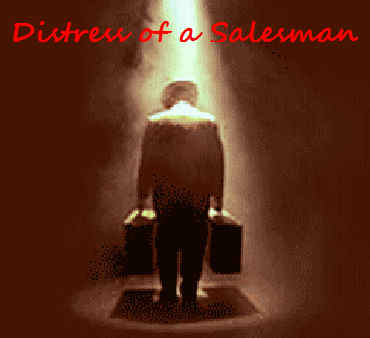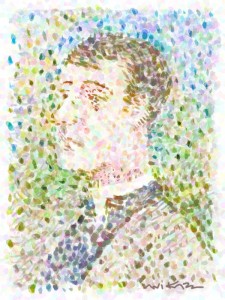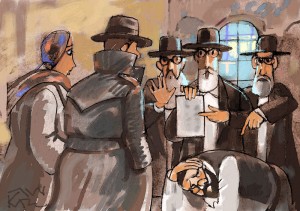When I met Jeff Heller during my first week at Duke University in 1974, I had little idea of who I was, where I was going, or even what I wanted to major in. Jeff had it all planned out-he was on his way to law school. But it was clear from the start that he wasn’t like the other pre-law and pre-med students, most of whom were interested mostly in the large incomes those professions promised to provide.
Jeff was a man of principle and remained one through three years at Duke and another three years at Chicago Law School. Yes, he followed the usual post-law school path by getting a job at a high-powered law firm, but it was clear to me that he wouldn’t last long in that environment. He soon left to start up his own practice. Sometimes law firm attrition can be high in particular law sectors as lawyers may feel like they are not being utilized enough or they discover a different law path in the opposite direction, whichever it is, law firms need to be able to connect with their employees, otherwise, they will leave for greener pastures as Jeff did.
 “Practice” would perhaps be an exaggeration, because he spent most of his time and efforts for the next three decades working for a pittance, or just as often nothing at all, defending refugees who fled persecution and death. These people arrived in the United States and then found themselves in jail, threatened with deportation, facing an Immigration Service that refused to listen, refused to believe their stories, and refused to provide them with fundamental due process.
“Practice” would perhaps be an exaggeration, because he spent most of his time and efforts for the next three decades working for a pittance, or just as often nothing at all, defending refugees who fled persecution and death. These people arrived in the United States and then found themselves in jail, threatened with deportation, facing an Immigration Service that refused to listen, refused to believe their stories, and refused to provide them with fundamental due process.









